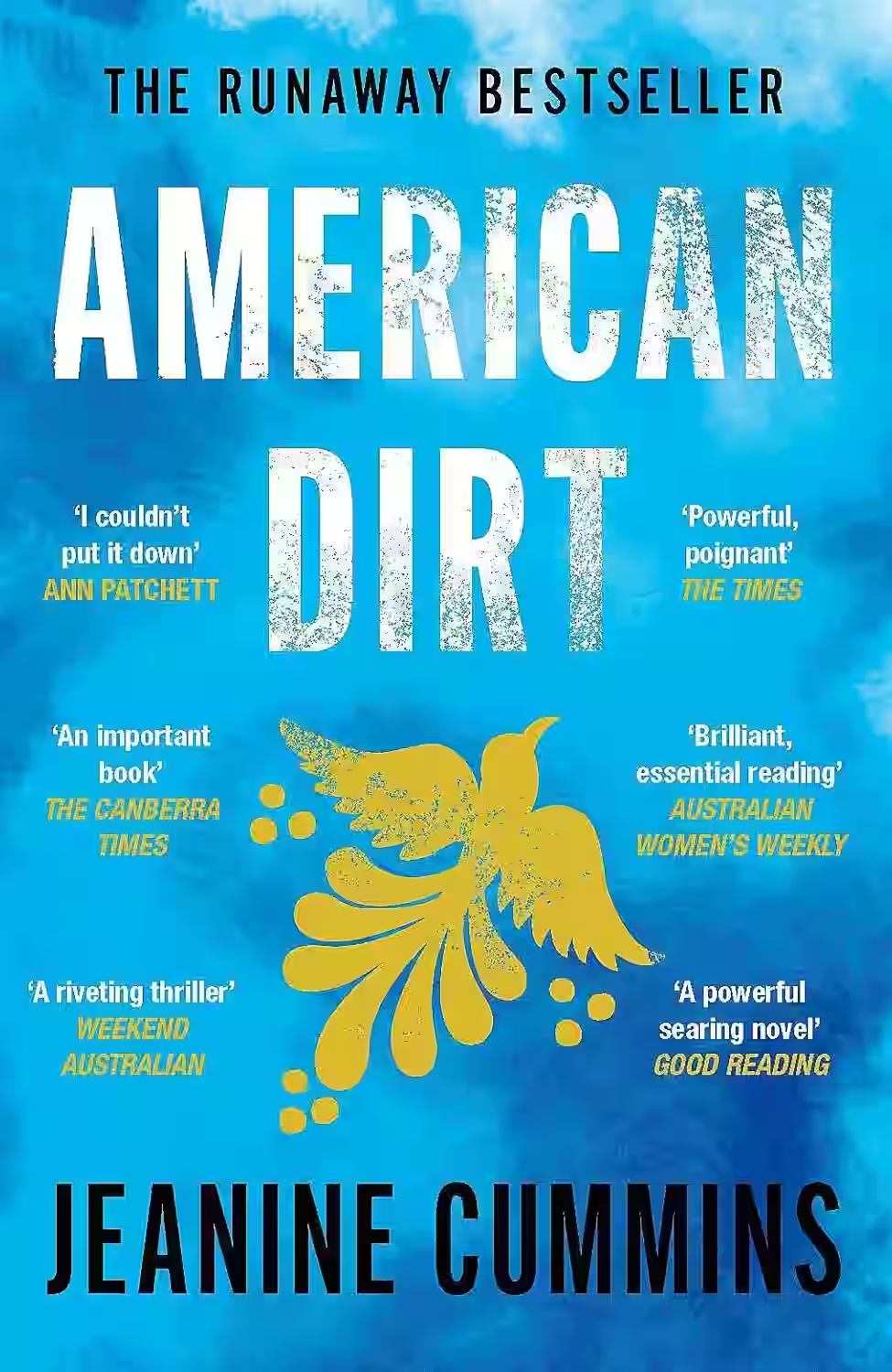
American Dirt follows Lydia Quixano Pérez, a bookstore owner in Acapulco, who is forced to flee Mexico with her son after a drug cartel targets her family. Their harrowing journey north to the United States is fraught with danger and uncertainty. The novel delves into the migrant experience, highlighting the desperation and resilience of those seeking safety and a better life. While the book has sparked controversy over its portrayal of Mexican culture, it has also been praised for bringing attention to the plight of migrants.
About Jeanine Cummins
Jeanine Cummins is an American author best known for her novel American Dirt, which became a commercial success and sparked significant controversy. The book, a gripping tale of a Mexican mother and son fleeing drug cartel violence, was selected for Oprah’s Book Club. Despite acclaim for its pacing and emotional depth, critics raised concerns over cultural representation. Cummins, who previously wrote memoir and fiction including A Rip in Heaven, often explores trauma, survival, and human resilience. Her work aims to highlight empathy across divides, though she remains a polarizing figure in conversations about authenticity and authorship in literature.
Similar Books
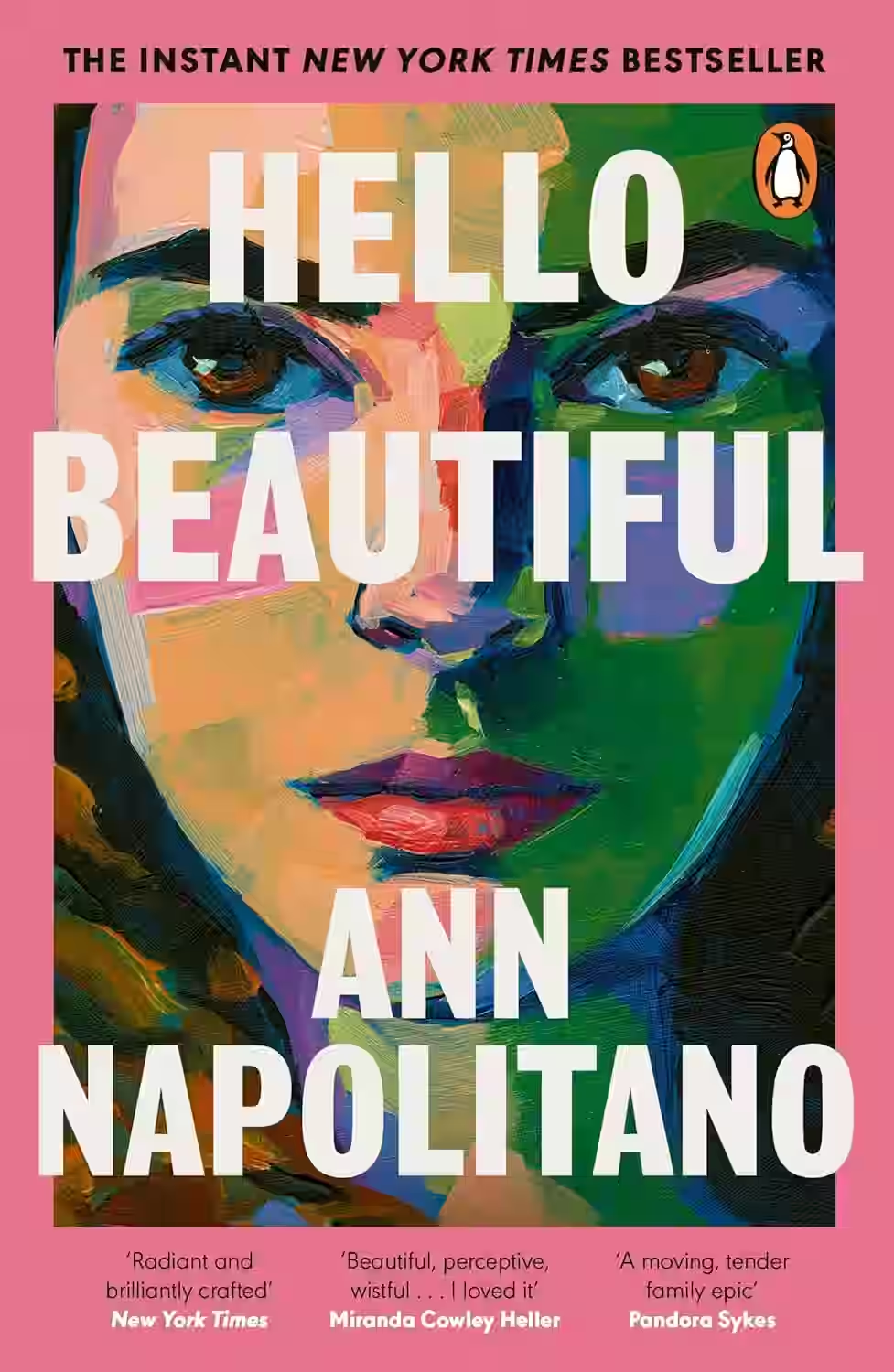
Hello Beautiful
Inspired by Little Women, this tender family saga follows William Waters, a lonely college basketball player, and the four closely bonded Padavano sisters. As William is pulled into their vibrant, chaotic world, buried traumas threaten to upend everything. Spanning decades, Hello Beautiful explores love, loss, mental illness, and the ties that both bind and break us. Ann Napolitano crafts a deeply emotional story about forgiveness and self-discovery, illuminating how family—whether biological or chosen—shapes our sense of self and belonging. It’s a heartfelt portrait of resilience and the enduring need for connection.
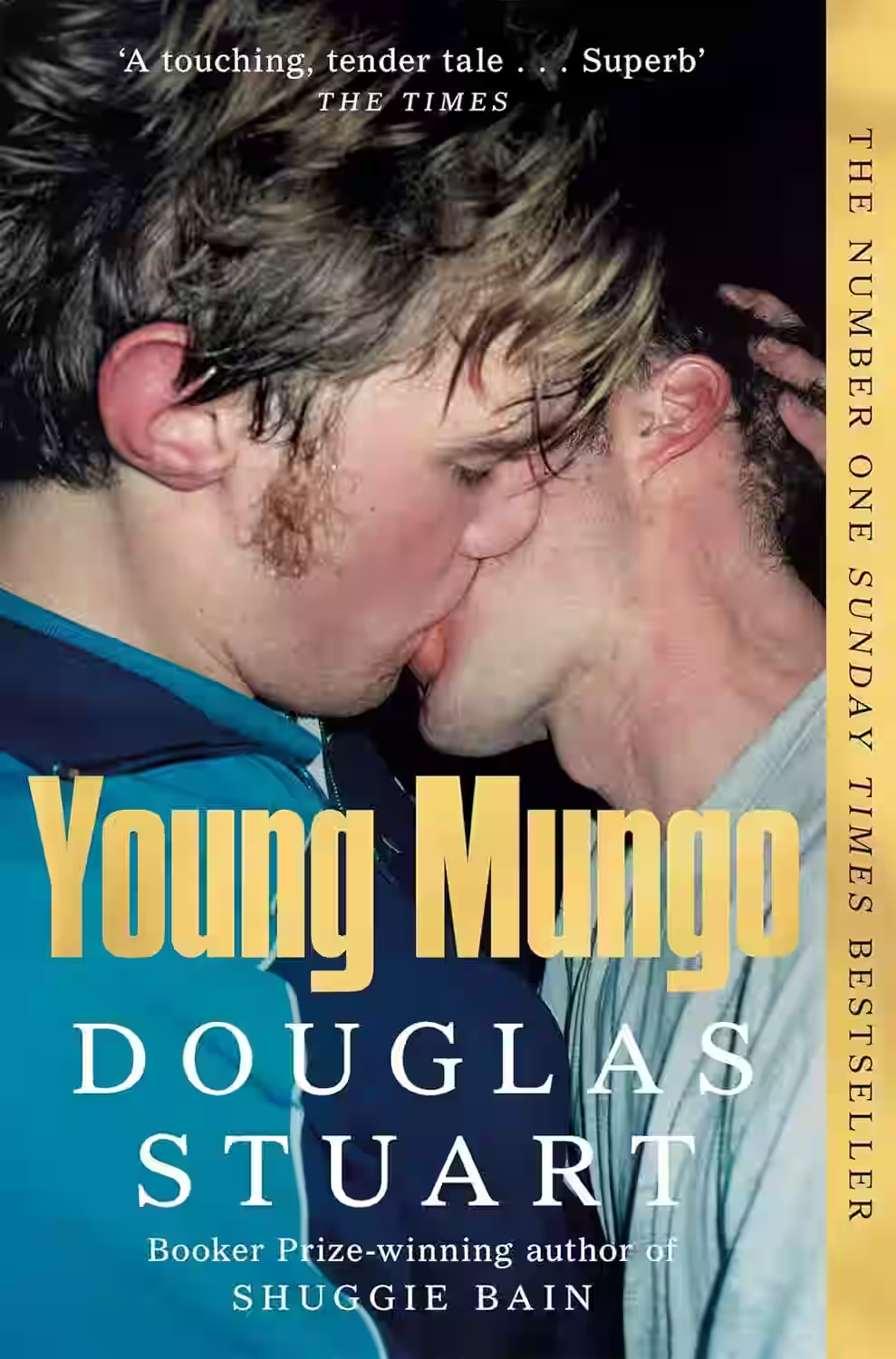
Young Mungo
Douglas Stuart's heartbreaking second novel depicts the precarious life and burgeoning love of a young gay boy in working-class Glasgow amidst sectarian violence and social hardship. With raw and tender prose, it explores themes of masculinity, vulnerability, and the search for intimacy in a harsh and unforgiving environment, echoing the emotional intensity of his debut.
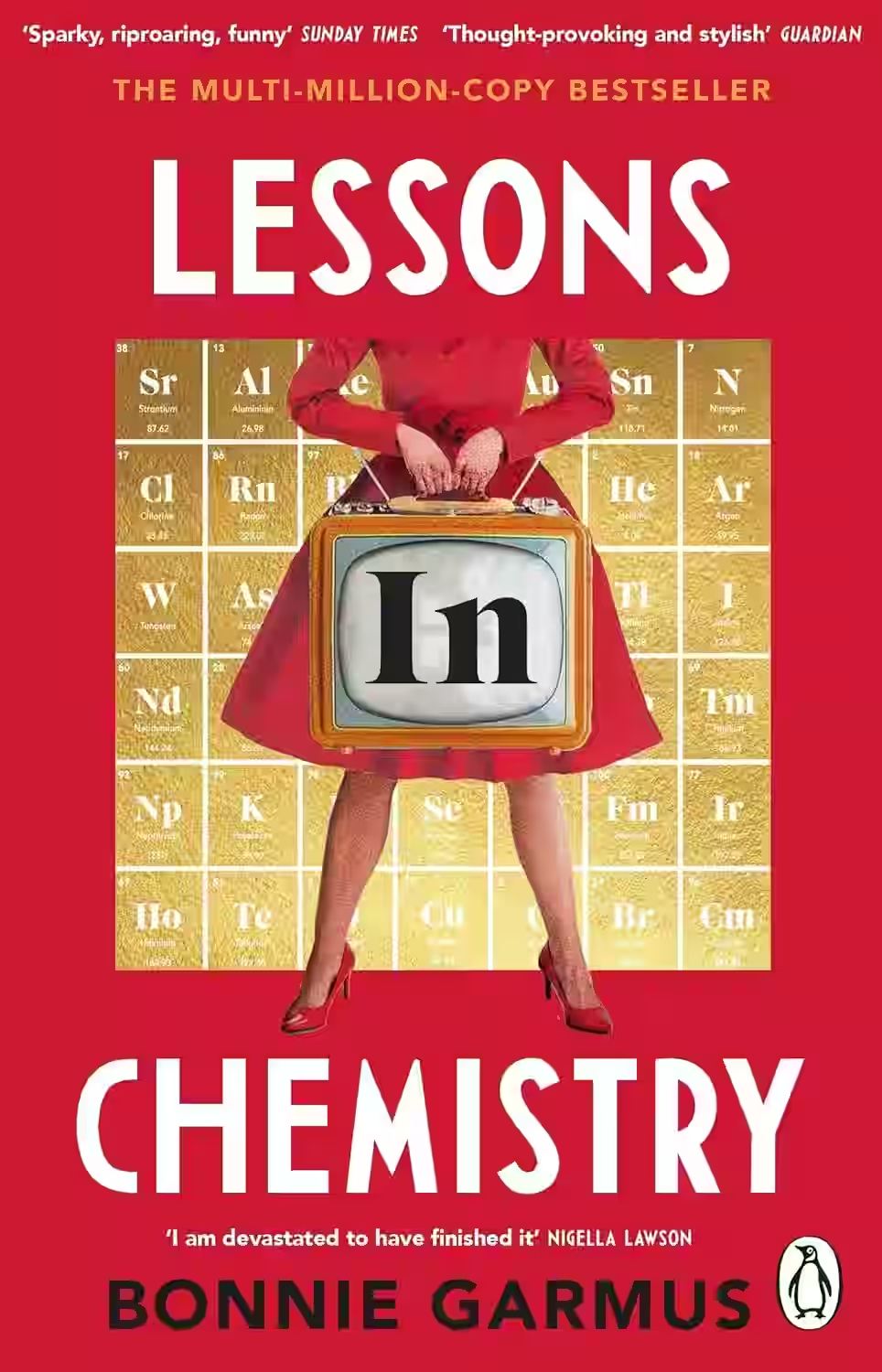
Lessons in Chemistry
In the 1960s, brilliant chemist Elizabeth Zott challenges sexist norms in academia and television when she becomes the host of a cooking show that teaches women about science and independence. Blending humor, feminism, and heart, Lessons in Chemistry celebrates intellect, defiance, and the transformative power of belief—in yourself and in change.
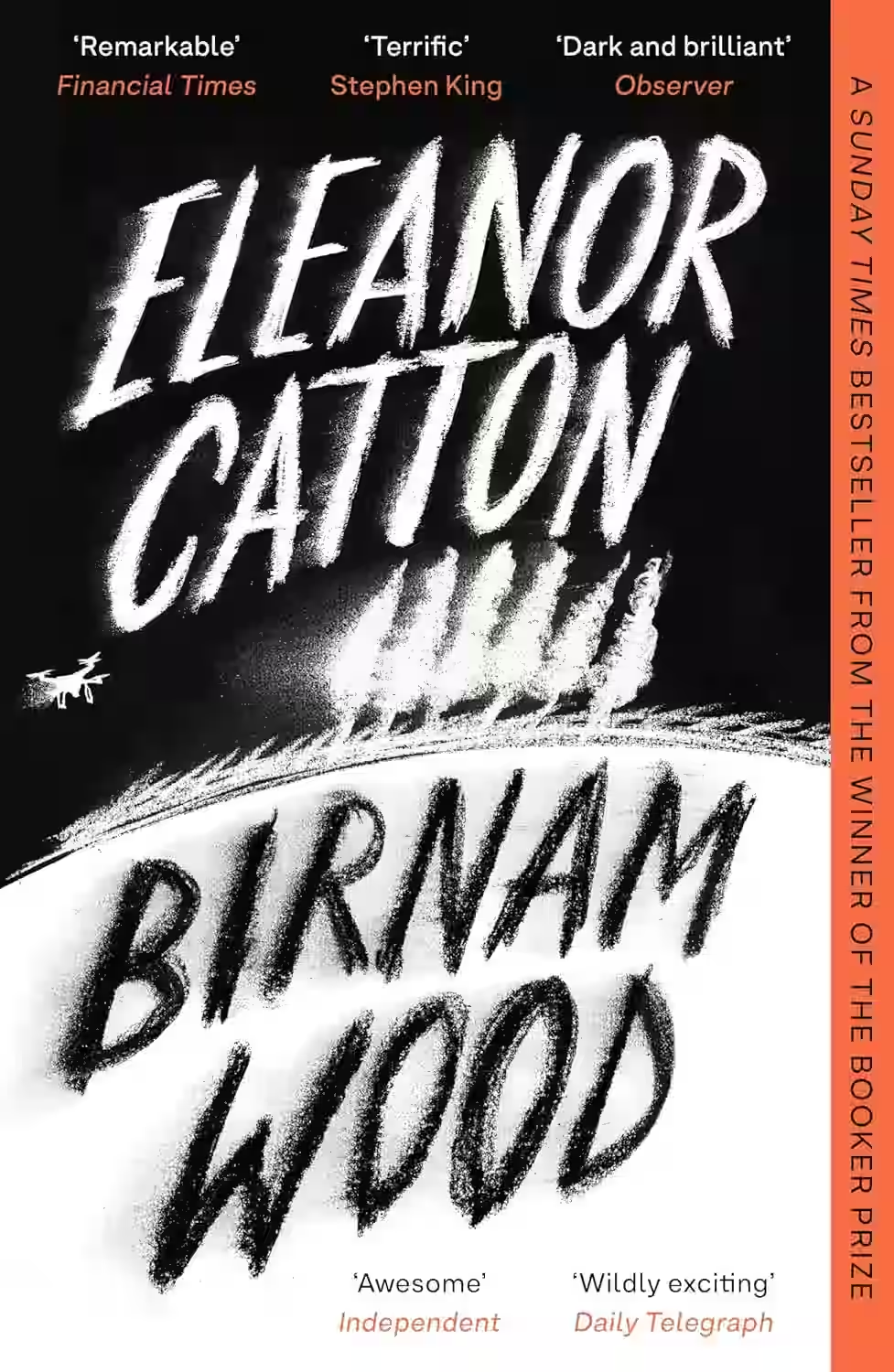
Birnam Wood
This gripping eco-thriller pits a guerrilla gardening collective against a billionaire tech mogul with sinister motives in rural New Zealand. As the idealistic Birnam Wood group trespasses to plant crops, they clash with corporate greed and political intrigue. Tensions escalate into a high-stakes battle between environmental activism and capitalist exploitation. Eleanor Catton, Booker Prize-winning author of The Luminaries, returns with a taut, intelligent novel exploring surveillance, ideology, and moral compromise in the age of climate crisis. Birnam Wood is both a literary page-turner and a sharp critique of modern power structures.